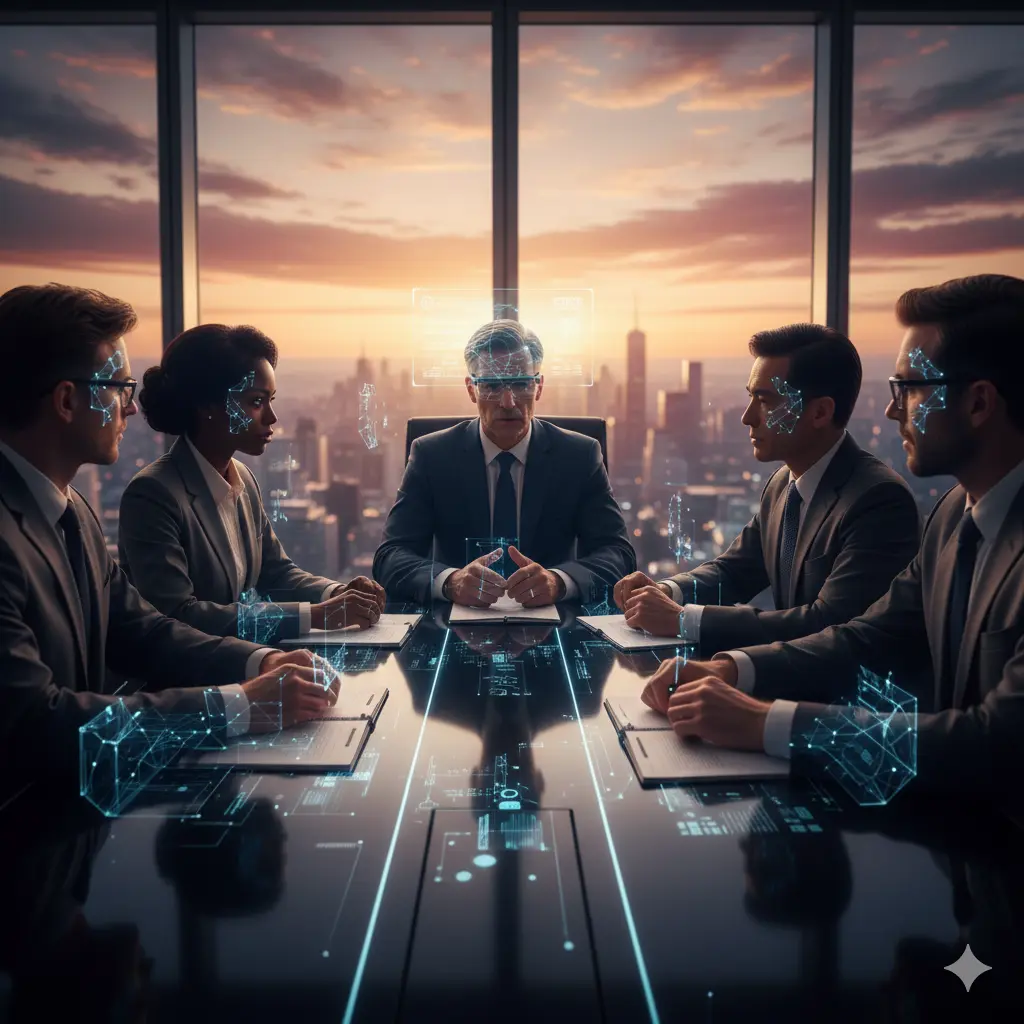AI Won’t Replace Subject Matter Experts — It Will Empower Them
The Myth of Replacement
The biggest fear surrounding AI is that it will replace jobs. Scroll through any news feed and you’ll find headlines predicting mass redundancy.
But here’s what gets overlooked: AI doesn’t know your industry. It doesn’t understand your niche. It doesn’t have decades of human experience. That’s the domain of subject matter experts (SMEs). Whether you’re a lawyer, engineer, farmer, designer, healthcare worker, or policy adviser, your judgement, creativity, and lived experience can’t be automated.
What AI can do is amplify it.
Subject Matter Experts + AI = Superhuman Productivity
Imagine a highly skilled architect with no AI training. Alone, they can design and deliver great outcomes — but their time is consumed by drafting, data checks, and admin. Introduce AI, and suddenly they can:
- Generate concept sketches in minutes
- Test structural scenarios instantly
- Automate compliance checks
- Produce immersive visualisations for clients
Their role doesn’t disappear. It evolves. They go from spending 80% of their time on routine tasks to 80% on creative, high-value work.
In this way, SMEs across industries become superhuman: faster, more accurate, and more impactful than ever before.
The Case For Empowerment
- Productivity Multiplier: AI removes the bottlenecks that slow experts down.
- Accessibility: Specialists can deliver more value to more people, at scale.
- Innovation: Freed from admin, experts can experiment, innovate, and solve complex problems.
- Customer Value: Clients get faster service, personalised outputs, and higher quality results.
The Counterpoint — Risks and Realities
Of course, there’s another side. If SMEs don’t engage with AI, they risk being outpaced by those who do. An accountant who refuses to use AI for forecasting may still provide value — but will struggle to compete with peers delivering the same service faster and cheaper.
There’s also a risk of over-reliance. If we blindly accept AI’s output without expert oversight, errors, biases, or ethical issues can creep in. The human layer — interpretation, empathy, accountability — must remain at the core.
Possible Futures of Work and Life with AI
Future 1 — The Empowered Workforce
AI becomes the ultimate assistant. Experts in every field are supercharged by AI, producing better outcomes with less effort. Work becomes more creative, impactful, and human.
There’s also a risk of over-reliance. If we blindly accept AI’s output without expert oversight, errors, biases, or ethical issues can creep in. The human layer — interpretation, empathy, accountability — must remain at the core.
Future 2 — The Divide
A split emerges: those who embrace AI soar ahead; those who resist fall behind. The productivity gap creates new inequalities in employment and opportunity.
Future 3 — The Hybrid Society
AI weaves itself into every role, every business, every sector. Workforces become smaller but more specialised. AI does the heavy lifting; humans do the thinking, creating, and connecting. Life is reshaped around collaboration with machines.
The Big Question — Replacement or Empowerment?
The answer depends not on the technology, but on us. AI is a tool — one that can either diminish or empower. For SMEs across every industry, the opportunity is clear: adopt AI not as a replacement, but as an amplifier of expertise.
The organisations, governments, and individuals who lean into this future will thrive. Those who resist risk being left behind.
Final Thoughts
AI isn’t here to erase careers. It’s here to turn subject matter experts into superhumans. But only if we’re willing to learn, experiment, and evolve.
The question isn’t “Will AI replace me?”
It’s “Will I embrace AI to make myself irreplaceable?”
The organisations, governments, and individuals who lean into this future will thrive. Those who resist risk being left behind.


